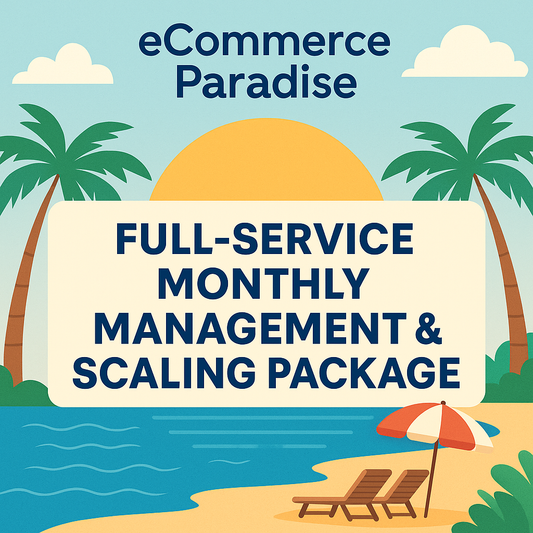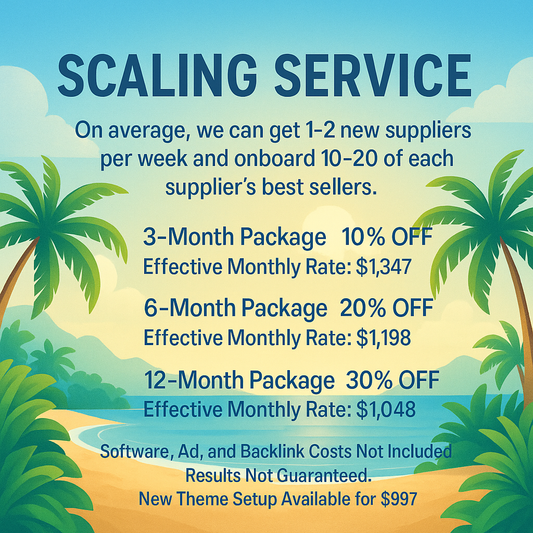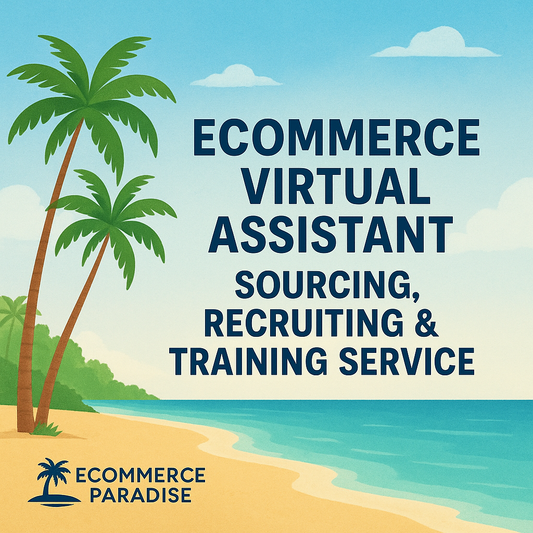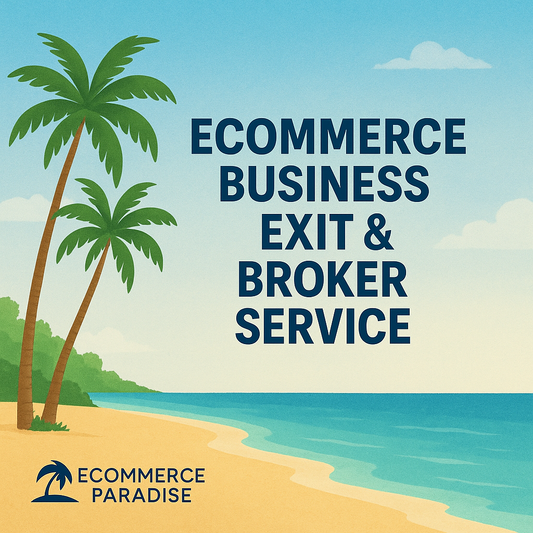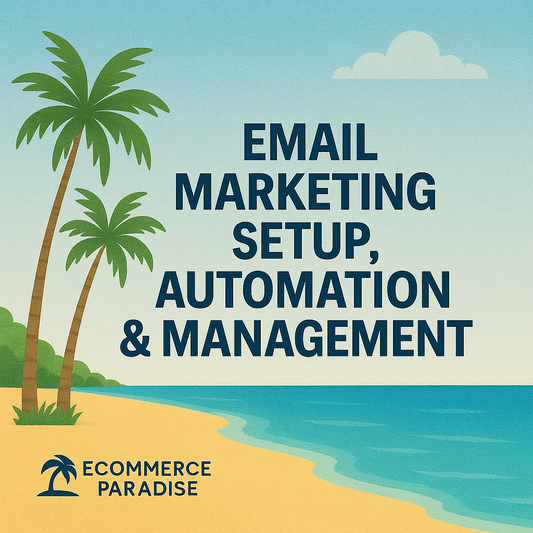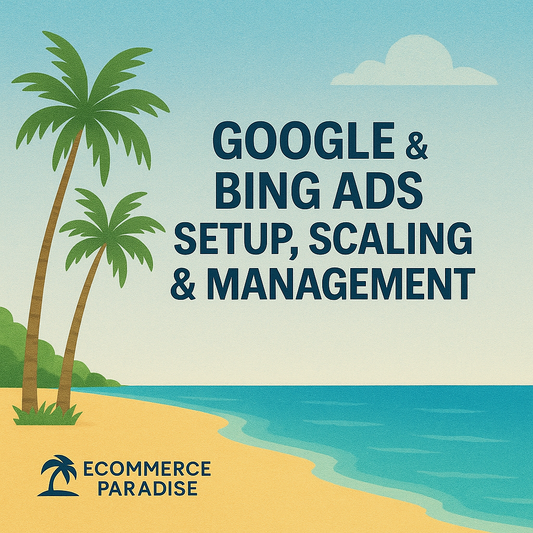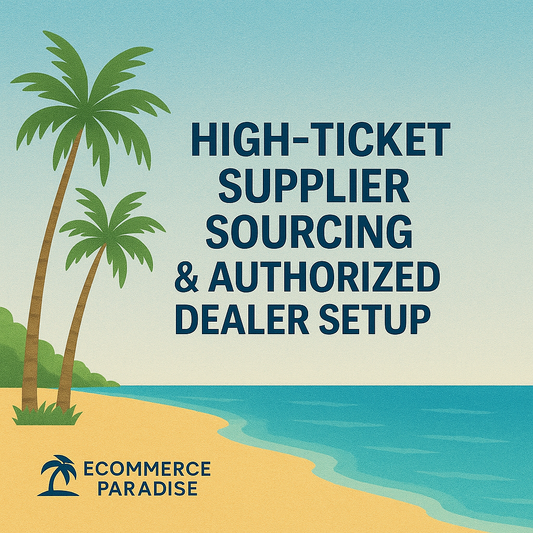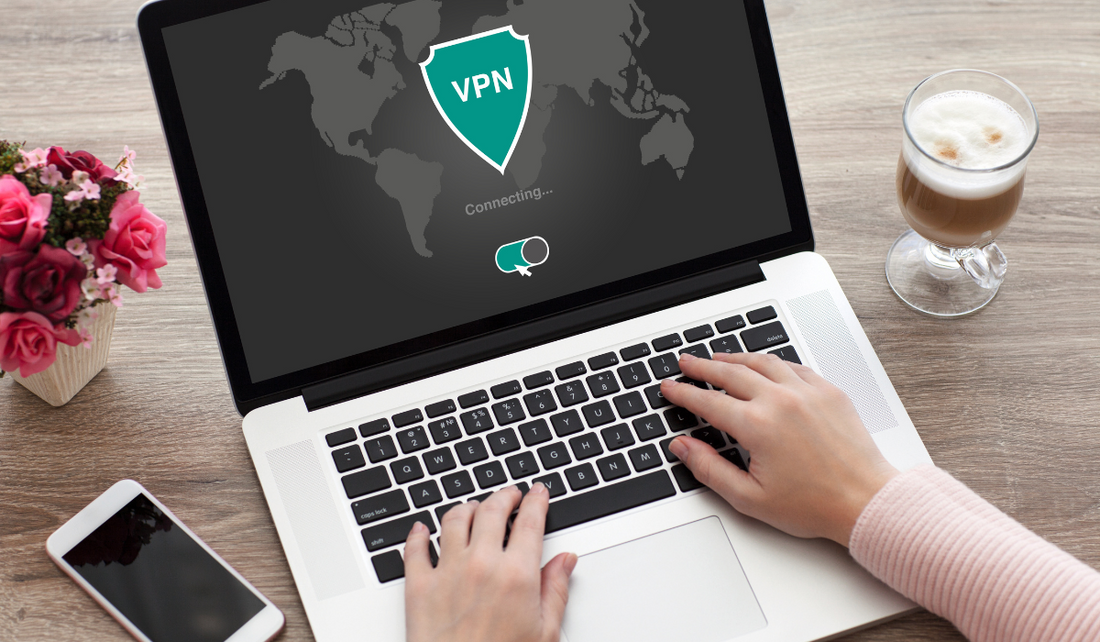
Best VPN Service: Top Picks for Privacy and Security

Finding the right VPN service can be a game changer for online privacy and security. With numerous options available, it’s crucial to know which VPNs offer the best combination of speed, reliability, and features. For most users, NordVPN stands out as the best overall choice, providing robust security, user-friendly apps, and excellent customer support.
In today’s digital world, protecting personal data is more important than ever. The right VPN not only keeps browsing activities private but also allows access to restricted content. Choosing a well-reviewed VPN service can enhance online experiences significantly.
This blog post will explore the top VPN services for 2024, breaking down their features and helping readers make informed decisions. Whether someone is new to VPNs or looking to switch, understanding what each option offers is essential for a safer online journey.
Quick List: Best VPN Service
- ExpressVPN
- NordVPN
- Surfshark
- ProtonVPN
- Private Internet Access (PIA)
- Mullvad
- PureVPN
- UltraVPN
- FastestVPN
- IPRoyal
- PrivadoVPN
Understanding VPNs
A Virtual Private Network (VPN) provides a secure way to browse the internet by encrypting data and masking the user’s IP address. This section breaks down the main concepts surrounding VPNs, including their definition, benefits, and how different technologies work.
What Is a VPN?
A VPN, or Virtual Private Network, creates a secure connection between a device and the internet. It works by routing the user’s internet traffic through a server operated by the VPN provider. This server then forwards the information to its destination.
VPNs encrypt the data exchanged between the user's device and the VPN server. This means that even if someone intercepts the data, they cannot read it. Major features include the ability to bypass regional restrictions, maintain privacy when using public Wi-Fi, and access blocked websites.
Benefits of Using a VPN
Using a VPN offers several key advantages. Firstly, it enhances online privacy by hiding the user’s IP address. This makes it difficult for advertisers and websites to track online activities.
Secondly, a VPN boosts security, especially on unsecured networks like public Wi-Fi. By encrypting data, VPNs protect sensitive information such as passwords and credit card details.
Another benefit is access to geo-restricted content. Users can connect to servers in different countries, allowing them to access streaming services or websites unavailable in their region.
Lastly, some VPNs offer features like ad blocking and malware protection, adding an extra layer of security.
Criteria for Choosing a VPN Service
When selecting a VPN service, several critical factors can significantly impact the user experience. These include privacy and security features, speed and performance, server locations, device compatibility, customer support, and user interface. Each of these elements plays a crucial role in determining whether a VPN meets the specific needs of the user.
Privacy and Security Features
A reliable VPN must offer strong privacy and security features. Look for services that provide military-grade encryption to protect data. Protocols such as ExpressVPN and Surfshark are commonly recommended for their effectiveness.
Additionally, a no-logs policy is essential. This means the VPN provider does not keep records of user activity. Features like a kill switch, which disconnects the internet if the VPN connection drops, add another layer of protection.
Multi-factor authentication is another feature that enhances security. This adds an extra step in the login process, making it harder for unauthorized users to gain access.
Speed and Performance
Speed is crucial when using a VPN. Users want fast connections to stream videos or download files without interruptions. The best VPN service often undergoes various tests to assess their speed.
Server load also affects performance; providers with many servers tend to perform better.
When selecting a VPN, consider whether the service has a money-back guarantee. This allows users to test the speed before fully committing to the service.
Server Locations
A broad range of server locations is vital for accessing global content. Users should choose a VPN with servers in multiple countries to bypass regional restrictions. This is especially important for streaming services like Netflix or Hulu, which have different content libraries in various regions.
More servers also mean less congestion and better speeds. Users should look for services that offer over 1,000 servers in various countries to ensure plenty of options.
Device Compatibility
Device compatibility is essential for users who want to access their VPN on multiple platforms. The best VPN service should support various devices, including Windows, macOS, Android, and iOS.
Some VPNs even offer support for routers, gaming consoles, and smart TVs. This wide range of compatibility allows users to secure not just their computers but also mobile devices and home networks.
Customers should check the number of simultaneous connections allowed. Many services permit at least five connections at once, which is enough for most households.
Customer Support
Access to reliable customer support can significantly enhance the VPN experience. Users should look for a service that offers 24/7 support through multiple channels, including live chat, email, and phone.
FAQ sections and help guides are useful for quick answers. Good customer support can resolve issues related to connectivity, billing, or technical problems promptly.
Testing customer support responsiveness before committing to a service can save future hassle.
User Interface and Ease of Use
A user-friendly interface is important for both beginners and experienced users. A straightforward setup process can make a big difference.
Look for a VPN that has a simple layout with clear navigation. This makes it easier to connect to servers and adjust settings.
Mobile apps should also maintain a similar level of usability as desktop versions. A consistent design across all devices helps users quickly adapt.
Additional features like one-click connect options can enhance overall ease of use. Features that provide quick server switching are also beneficial for a seamless experience.
Best VPN Services Reviewed
When considering a VPN service, several options stand out based on speed, privacy, ease of use, and pricing. Below are detailed reviews of some of the best VPN services available today.
ExpressVPN

ExpressVPN is praised for its high-speed performance and user-friendly design. It offers a wide range of server locations, enabling users to bypass geographical restrictions easily.
- Speed: It is often regarded as the fastest VPN available.
- Security: Uses strong encryption methods to protect user data.
- Platforms: Compatible with various devices including Windows, macOS, iOS, and Android.
Its intuitive app makes it suitable for both beginners and advanced users. In addition, ExpressVPN provides 24/7 customer support. Users often note its reliability in maintaining connections during streaming or gaming.
NordVPN

NordVPN emphasizes strong security features and extensive server options. With over 5,500 servers globally, it offers excellent coverage.
- Encryption: Utilizes AES-256 encryption for enhanced security.
- CyberSec Feature: Blocks ads and malware, providing an extra layer of protection.
- Multi-Device Support: Allows up to six connected devices at once.
NordVPN is known for its strict no-logs policy, ensuring user privacy. The interface is straightforward, making it easy for new users to navigate. Performance is generally reliable, with fast speeds for streaming.
Click here to get up to 70% off plus 3 extra months with NordVPN!
Also read: NordVPN Review
Surfshark

Surfshark is a budget-friendly option that does not compromise on features. It allows unlimited simultaneous connections, making it a great choice for families or multiple devices.
- CleanWeb Feature: Blocks ads and trackers, providing a smoother browsing experience.
- NoBorders Mode: Helps users access content in restrictive regions.
Surfshark is user-friendly and offers strong security measures. It also has a no-logs policy, ensuring privacy protection. The service tends to perform well in terms of speed, particularly for streaming purposes.
Click here to get Surfshark from just $1.99/month plus 4 extra months!
ProtonVPN

ProtonVPN stands out for its commitment to privacy and security. Developed by the creators of ProtonMail, it offers a free option with limited features, which is still robust.
- Secure Core Servers: Routes traffic through privacy-friendly countries.
- High Security: Implements strong encryption and a no-logs policy.
ProtonVPN may have fewer servers than some competitors, but it prioritizes user privacy. The interface is simple, making it accessible for all users. It is particularly appealing to those who value security.
Private Internet Access (PIA)

Private Internet Access (PIA) is known for its customizable features and competitive pricing. It offers a large network of servers, with more than 35,000 options available.
- Flexible Configuration: Allows users to adjust settings for encryption and speed.
- Ad Blocking: Includes built-in ad blocking features.
While PIA may not be as fast as some others, it excels in user control and privacy. It has a solid no-logs policy and provides support for various platforms without sacrificing security.
Mullvad

Mullvad is a unique VPN that takes privacy seriously. It allows users to sign up without providing personal information, promoting anonymity.
- Flat Pricing: Offers a straightforward payment structure that is easy to understand.
- Security Features: Implements strong encryption and a strict no-logs policy.
Mullvad has a smaller server network compared to larger providers, but it excels in privacy. The features may appeal to more tech-savvy users due to its minimal design. Overall, Mullvad is a strong choice for privacy-focused individuals.
PureVPN

PureVPN is a solid choice for users seeking versatility and strong security measures. It offers a large network of over 6,500 servers in 140+ countries.
- Privacy: Employs military-grade encryption to safeguard user data.
- Split Tunneling: Allows users to route specific traffic through the VPN while keeping other traffic on the local network.
- Devices: Supports multiple platforms including Windows, Mac, Android, iOS, and more.
PureVPN is great for bypassing geo-blocks and offers a reliable no-logs policy. The service also includes a kill switch feature to prevent data leaks if the VPN connection drops.
Click here for PureVPN up to 80% off plus 3 extra months!
UltraVPN

UltraVPN is known for its blazing-fast speeds and high-quality streaming performance. It provides a seamless experience for users who need a VPN for multimedia purposes.
- Speed: One of the fastest VPNs for streaming and browsing.
- Security: Provides strong encryption with a kill switch feature for added safety.
- Ease of Use: Features an intuitive interface ideal for both beginners and advanced users.
With a focus on privacy, UltraVPN also offers strong DNS leak protection and supports unlimited data for uninterrupted browsing or streaming.
Click here to get Ultra VPN and save over 70%!
FastestVPN

FastestVPN is an affordable yet efficient VPN service that offers strong privacy and security features while maintaining reliable speeds.
- Affordability: One of the most budget-friendly VPNs available.
- Security: Uses AES-256 encryption, a kill switch, and malware protection.
- Unlimited Bandwidth: Great for users who need unrestricted access to the internet.
FastestVPN also supports up to 10 simultaneous device connections and is well-suited for streaming, torrenting, and maintaining online privacy.
Click here to get FastestVPN and unlock a lifetime special deal!
IPRoyal

IPRoyal stands out with its specialized IP address offerings, allowing users to access dedicated residential IPs, which can be useful for bypassing strict geo-blocks and IP bans.
- Privacy: Offers residential IPs, which provide a higher level of anonymity.
- Flexibility: Useful for accessing content that typically restricts VPN usage.
- Security: Provides robust encryption and strict privacy protocols.
IPRoyal is ideal for users who need to access highly restricted websites or services while maintaining security and anonymity.
Click here to get IPRoyal starting at just $1.75/GB!
PrivadoVPN

PrivadoVPN offers a solid mix of privacy, speed, and affordability, making it a great option for users looking for secure and private internet access without the high price tag.
-
Free Plan Available: Includes 10GB of data monthly and access to 12 server locations.
-
Zero-Log Policy: Based in Switzerland, ensuring strong privacy protections.
-
Streaming Support: Unlocks major platforms like Netflix, Hulu, and BBC iPlayer.
PrivadoVPN is ideal for casual users who want a reliable and easy-to-use VPN, especially with its generous free plan. The paid version unlocks unlimited data, global server access, and advanced features. It's compatible with all major platforms and provides solid customer support.
Click here to get the best Holiday deal on PrivadoVPN and save 90% today!
VPN Use Cases
VPNs serve various purposes that cater to both personal and business needs. Understanding these use cases helps individuals and organizations choose the right service for their specific situations.
VPNs for Personal Use
Many individuals utilize VPNs to protect their online activity. A VPN encrypts data, providing security against hackers, especially on public Wi-Fi networks. This is crucial for protecting sensitive information like passwords and banking details.
Streaming is another key use case. VPNs can bypass geographic restrictions, allowing users to access content from different countries. Services like Netflix, Hulu, and BBC iPlayer often restrict access based on location. A VPN gives users the freedom to enjoy their favorite shows from anywhere.
Users may also prefer VPNs for enhanced privacy. By masking their IP address, they can browse the internet without being tracked by advertisers. This anonymity can help minimize targeted marketing and enhance personal security.
VPNs for Business and Remote Work
In the business world, VPNs are vital for secure remote access. Remote employees can connect to their company's network safely, ensuring that sensitive data remains protected. This is especially crucial for industries handling confidential information.
Furthermore, VPNs enable businesses to control access to servers and data. Employees can only connect when authenticated, reducing the risk of unauthorized access. This adds an extra layer of security for businesses operating in various locations.
Cost savings are also significant. Companies save money by allowing employees to work remotely. Reduced office space leads to lower overhead costs. By enabling remote work with a VPN, businesses can maintain productivity without compromising security.
VPNs for High-Ticket Dropshipping and Ecommerce
For eCommerce entrepreneurs, especially those in high-ticket dropshipping, using a VPN is essential. It protects the business owner's sensitive data. This includes payment information and customer data, vital for building trust with clients.
Additionally, using a VPN can help entrepreneurs research competitors safely. Users can browse competitor sites without revealing their IP address or location. This helps avoid alerting competitors about their activities.
VPNs also secure online transactions. When customers shop on eCommerce sites, their payment information is encrypted. This enhances customer trust and can lead to increased sales. Businesses can thrive in the competitive online market when security is prioritized.
Implementing a VPN Service
Implementing a VPN service requires careful planning and attention to detail. The process involves setting up the VPN, customizing its features, and ensuring security to protect online activities. Each step is essential for maximizing the effectiveness of the VPN.
Setting Up a VPN
Setting up a VPN is typically straightforward. Users should first choose a reliable VPN provider that suits their needs. Popular choices include NordVPN and ExpressVPN.
Once a provider is selected, users need to download and install the VPN software on their devices. This usually involves creating an account and following on-screen instructions. After installation, users should connect to a server. Many VPNs offer various server locations for better speed and access to content.
It's crucial to ensure that the VPN is active during browsing to maintain privacy and security.
Customizing VPN Features
After setting up, users can customize VPN features to enhance their experience. Features like split tunneling allow users to choose which apps use the VPN and which do not. This can help save bandwidth and improve speed for specific tasks.
Many VPNs also offer kill switches, which automatically disconnect the internet if the VPN connection fails. This prevents data leaks and maintains privacy. Users can also explore options like choosing specific encryption protocols. Stronger encryption provides better security, while lighter protocols may offer faster speeds.
Maintaining VPN Security
Maintaining VPN security is essential for protecting personal information. Regularly updating the VPN software ensures that users have the latest security features and bug fixes.
Users should also change their passwords regularly and use strong, unique passwords. Two-factor authentication adds another layer of protection.
Lastly, it's important to monitor device connections and VPN logs. Most top-tier VPN services like Surfshark do not log user activity, providing peace of mind. Users should always read the privacy policy to understand what data is collected and how it is used.
Legal and Ethical Considerations
VPNs raise important legal and ethical issues. Understanding these aspects can help users navigate the complexities of virtual private networks and their use in various regions.
Understanding VPN Regulations
VPN regulations vary by country. In many places, using a VPN is legal, but specific rules exist. For example, in some countries, VPN users must register their services, while others impose strict limits on encryption levels.
Most Western countries allow VPNs for legitimate activities like securing data, but misuse can lead to legal trouble. For instance, using a VPN to conduct illegal activities like hacking or accessing forbidden content can lead to severe penalties.
Users should research local laws about VPN usage before choosing a service. Staying informed helps avoid possible legal issues associated with VPN use.
Ethical Use of VPNs
The ethical use of VPNs focuses on the intentions behind their use. While VPNs can enhance privacy, using them for illegal activities is unethical.
Individuals should consider the reasons for using a VPN. If the goal is to access restricted content or conduct illegal activities, that raises moral questions. On the other hand, using a VPN to protect data or maintain privacy in oppressive regimes aligns with ethical practices.
Users should be responsible for their online actions and understand the consequences of their choices. Ethical considerations extend to respecting copyright and not participating in activities like piracy.
VPN and Internet Censorship
VPNs often serve as tools to bypass internet censorship. They allow users access to information and services blocked in certain regions.
In countries with heavy censorship, many citizens rely on VPNs to access social media, news sites, or other platforms. While this promotes freedom of information, it may conflict with local laws aiming to control internet use.
Some governments actively block known VPN services, attempting to restrict access. Users need to be aware of these risks and the potential legal consequences. Understanding the balance between freedom and legality is crucial for responsible VPN use.
The Future of VPNs
VPN technology is rapidly evolving to meet the changing needs of users. Emerging technologies and shifting perspectives on internet privacy will shape the future landscape of VPN services. Understanding these trends is essential for users who want to protect their online presence.
Emerging Technologies in VPNs
The future of VPNs will likely be influenced by advancements in technology. One significant trend is the integration of AI to enhance security features. AI can identify and mitigate threats in real-time, making connections safer.
Another notable technology is the development of VPNs that support IPv6. This is important as the internet continues to expand, allowing more devices to connect securely. Furthermore, some VPNs are exploring the use of blockchain for increased security and transparency in data handling.
The rise of 5G networks will also affect VPN usage. Higher speeds and increased device connectivity will require VPN services to adapt, offering faster connections while maintaining security.
The Role of VPNs in Internet Privacy
As concerns about online privacy grow, VPNs are becoming crucial tools. They enable users to encrypt their internet traffic, making it harder for hackers and third parties to monitor their activities. This encryption is vital for maintaining confidentiality in a world where data breaches are common.
Public interest in data privacy legislation is another factor. As governments introduce stricter regulations, individuals will rely more on VPNs to ensure compliance and protect personal information.
Moreover, the rise of remote work has made VPNs essential for businesses. They secure connections for employees working outside traditional office spaces, safeguarding sensitive company data.
In this evolving digital landscape, VPNs will increasingly play a pivotal role in protecting privacy and enhancing security.





